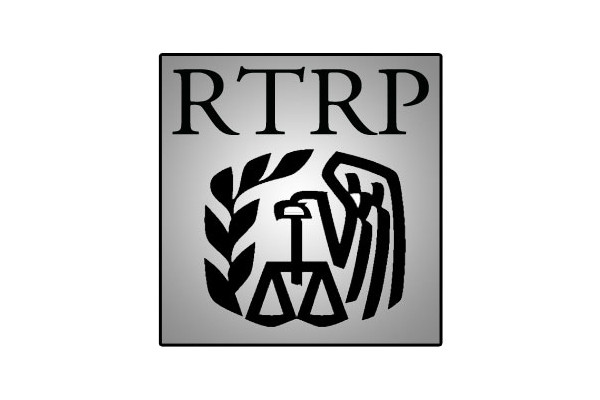From the “Bleeding Edge” blog:
More than half of all tax returns filed with the Internal Revenue Service are prepared by professionals. That’s a substantial number of returns, so it is sad to see the number of preparers who make significant errors. And the number of software products for tax preparation that run into substantial problems by calculating taxes incorrectly. No need to name them – you can read the headlines for yourselves.
The point is that the IRS wants to clean up this mess by licensing tax preparers, and I am all for it. The sad truth is that while many people can do their own taxes by self-directed online tax programs, the code is getting so complicated that half or more of the population and nearly all businesses need professional help to complete their returns accurately.
And I for one believe that the professionals who do that should know what they are doing.
The leading tax prep bureaus and software companies have to tiptoe around this topic, but the truth is that I am tired of reading about the high levels of fraud in tax preparation. I am tired of hearing from friends that they got a great refund two years ago, only to learn that the preparer inflated the refund in order to justify a preparation bill that was three times the average. Tired of reading about criminals who pretend to be tax preparers and then engage in identity theft.
Let’s put this in perspective. Of the estimated 1.2 million professional tax preparers in the United States, the U.S. Department of Justice has only busted 30 in the last six months who were guilty of some kind of preparation fraud. By my calculator, that is only .0025 of one percent. Hardly a crime wave. But the anecdotal evidence is much greater, and demands that the industry address it.
The question boils down to this: what do CPAs, EAs and other tax professionals do to prevent this problem from ruining their business? And how do others in the industry, including software and SaaS vendors, walk the narrow path between keeping the best clients and losing sales if certification of tax preparers become law?
Right now, the issue is up in the air. The IRS proposed new changes that started to go into effect last year, but which were recently struck down by the courts. The agency is in the process of appealing that decision, which held that they did not have the authority to license tax preparers. Nonetheless, Congress has taken up the issue as part of a larger initiative to reform the tax laws. Where that bill will go is anyone’s guess, but I would not put serious money on its passage this year.
Which leaves the many in the professional tax space up in the air for another year, while Congress and the IRS figure out how to do this without interference from the courts.
But my take is that this is a done deal. The government, which is counting on tax preparers and accountants to be the vanguard of implementation of the Affordable Care Act, cannot afford to have preparers who help clients skirt the law.
So here is the take-away: tax preparers who plan to be in business next year and the year after need to start working toward whatever education they need to become credentialed by the IRS. And tax prep software vendors need to ramp up their education efforts to make sure that their customers meet the bar.
Thanks for reading CPA Practice Advisor!
Subscribe Already registered? Log In
Need more information? Read the FAQs
Tags: Income Taxes, IRS, Software, Taxes





